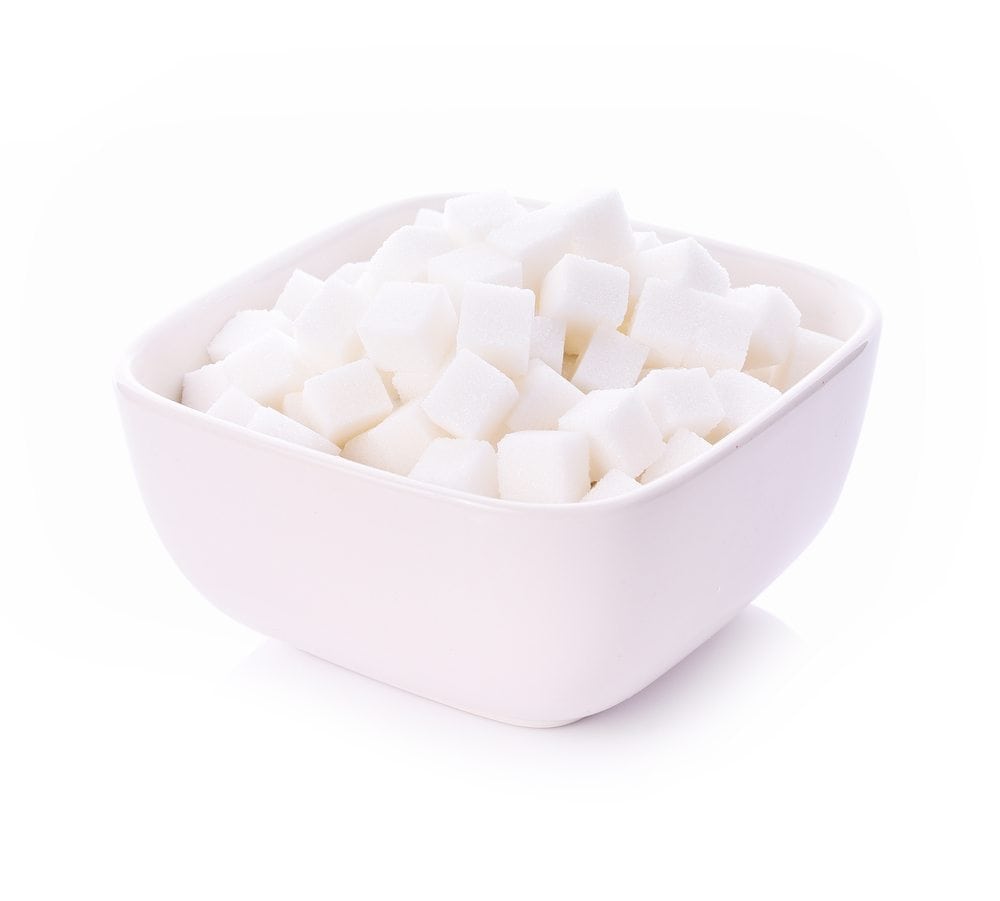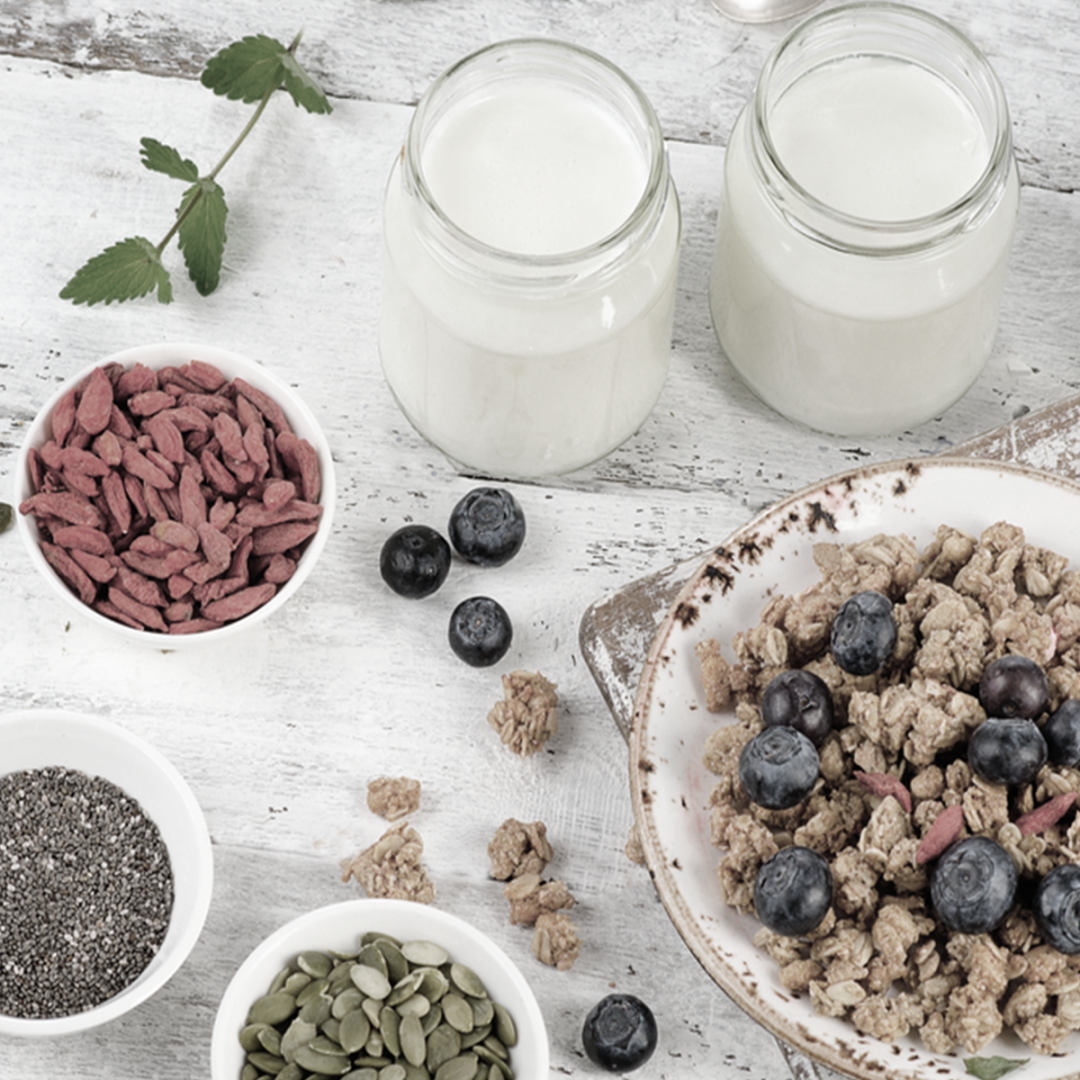So what’s the deal with fat? First it was good, then it was bad, and now it’s good again. Why is there so much confusion? Does fat make us fat? Or is fat a necessity for the busy woman on the go?
To understand the perplexity surrounding fat we need to go back to the late 1970s and early 1980s when scientists had some preliminary evidence that foods with saturated fat such as eggs and meat could raise LDL (bad) cholesterol and cause heart disease. However, there were a lot of complexities that scientists didn’t yet understand. Nonetheless, fat was assumed a villain and was to be removed from our diets. National dietary guidelines were changed. Essentially fat was to be removed and carbs were to be added. In fairness, the kinds of carbs that were being recommended were whole grains, vegetables, and fruits. But the message most Americans heard was fat is bad; carbs are good. End of story.
Of course the food industry quickly joined the bandwagon and saw the low-fat recommendation as an opportunity to create a whole new market of low-fat and fat-free foods. Fat-free cookies, fat-free muffins, fat-free dairy products filled the supermarket shelves and aisles. It was a simple formula: take out the fat and add sugar. There was one problem, our low-fat diets were causing us to become fatter. So what now?
- Sugar is the Villain, not Fat

Actually, it turns out that eating fat can actually help you maintain your weight by helping you regulate your blood sugar. Without proper blood sugar control, the body stores fat for a rainy day. The right fats also increase fat burning, cut your hunger and reduce fat storage. You can see how keeping a small bag of nuts on hand on those days where we are running from meeting to meeting can be our saving grace. They can curb hunger and burn fat, seems like a no brainer. Eating the right fats makes you lose weight, while eating excess sugar and the wrong types of fat make you gain weight.
A review of all the research on saturated fat published in the American Journal of Clinical Nutrition found there was no correlation between saturated fat and heart disease. And a recent editorial in the British Journal of Medicine dispels the myth that fat causes obesity and heart disease. What ends up happening when people eat less fat is they end up eating more starch or sugar and this actually increases their levels of dangerous LDL cholesterol that causes heart disease.
- Not all fats are created equal
It’s true, some fats are unhealthy and they include trans fat and inflammatory vegetable oils found in most packaged foods like cookies and chips. Definitely step away from the vending machine and all those 100 calories snacks, ladies. These fats do in fact make us fatter and contribute to inflammation which plays a role in every chronic disease on earth. However, everyone can benefit from good facts. Here are some great sources of fat that are easy to incorporate into our diets to keep our bodies healthy and our brains sharp:

- Avocados the monounsaturated fatty acids in avocado not only help lower cholesterol, but they promote brain function by promoting a healthy blood flow to the brain. Add it to your favorite salad or eat it by itself with some lemon juice and sea salt.
- Nuts are a great source of unsaturated fats which contribute to better brain functioning. Almonds, pecans, and walnuts can also help protect against cognitive decline. I always keep a small bag in my purse.
- Seeds ,chia, flax, and hemp seeds are full of healthy fats and fiber, they help you feel satisfied longer so you will eat fewer calories overall which may lead to weight loss. Try adding seeds to your smoothies or sprinkle over salad.
- Fatty Fish this includes sardines, mackerel, herring, and wild salmon that are rich in omega-3 fats. Those of you that love sushi are in luck because omega-3s are also present in raw fish.
- Coconut Oil in addition to containing Medium Chain Triglycerides (MCT), which support fat loss and build lean muscle tissue, coconut oil may help to regenerate and heal nerve function inside your brain. I personally love adding a spoon of coconut oil to my coffee.








